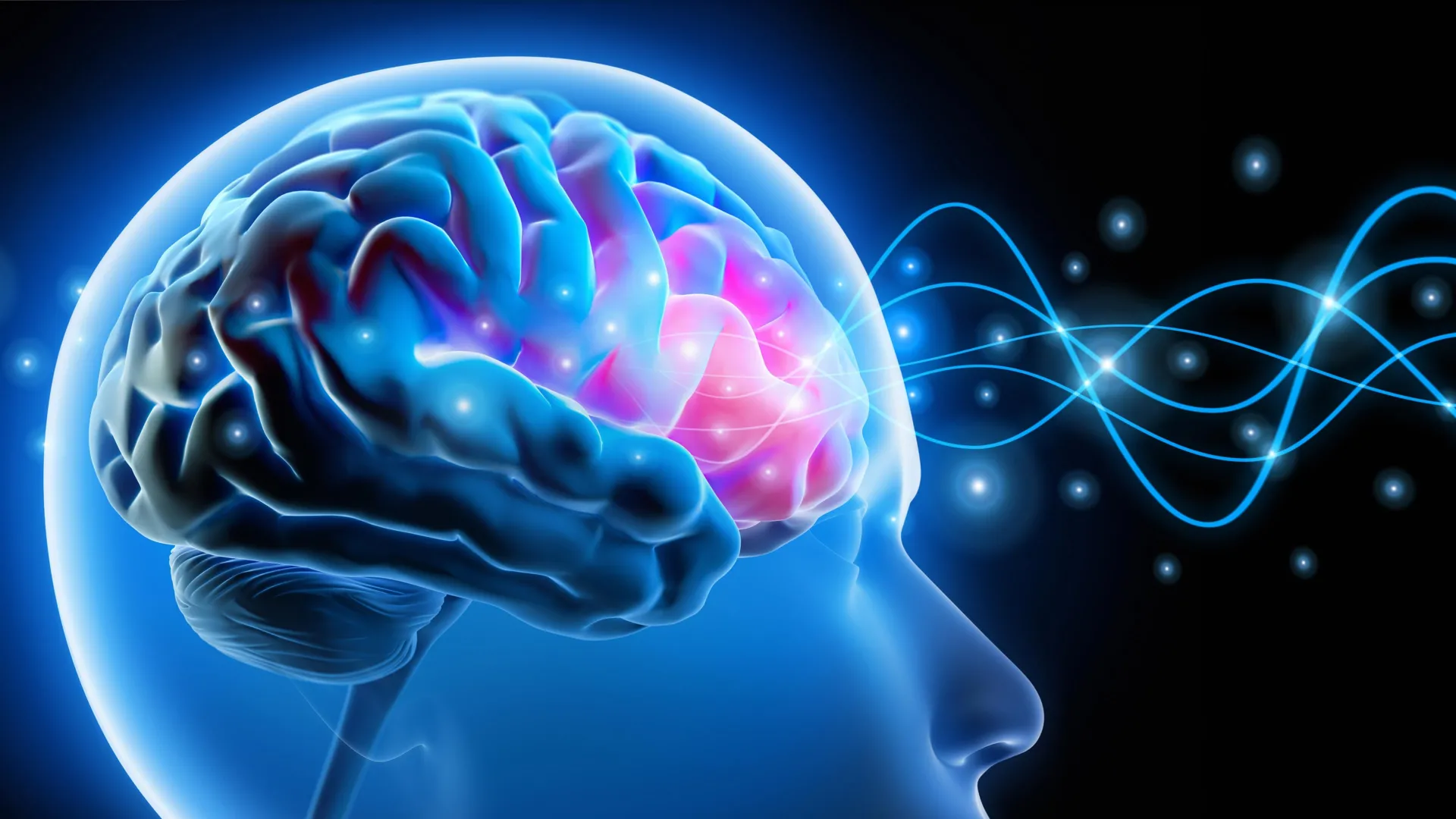Scientists reverse anxiety by rebalancing the brain
- Date:
- November 4, 2025
- Source:
- Universidad Miguel Hernandez de Elche
- Summary:
- Researchers have discovered a specific set of neurons in the amygdala that can trigger anxiety and social deficits when overactive. By restoring the excitability balance in this brain region, they successfully reversed these symptoms in mice. The results point toward targeted neural therapies for emotional disorders. This finding could reshape how anxiety and depression are treated at the circuit level.
- Share:

A research team at the Institute for Neurosciences (IN), led by Juan Lerma, has uncovered how a distinct group of neurons in the amygdala -- a region of the brain involved in processing emotions -- contributes to anxiety, depression, and changes in social behavior. The discovery, published in iScience, shows that restoring the balance of neuronal excitability within a precise part of the amygdala can reverse these behavioral changes in mice.
Restoring Brain Balance to Reverse Anxiety
"We already knew the amygdala was involved in anxiety and fear, but now we've identified a specific population of neurons whose imbalanced activity alone is sufficient to trigger pathological behaviors," explains Lerma. His team used a genetically modified mouse model that overexpresses the Grik4 gene, which increases the production of GluK4-type glutamate receptors and heightens neuronal excitability. These mice, developed by the same laboratory in 2015, displayed anxiety and social withdrawal similar to symptoms seen in people with conditions such as autism or schizophrenia.
The researchers were able to normalize Grik4 expression specifically in neurons located in the basolateral amygdala. This adjustment reestablished normal communication with a group of inhibitory neurons in the centrolateral amygdala known as "regular firing neurons." "That simple adjustment was enough to reverse anxiety-related and social deficit behaviors, which is remarkable," says Álvaro García, the study's first author.
The team assessed the animals using electrophysiological recordings and behavioral tests designed to measure anxiety, depression, and social interaction. These tests evaluate traits such as the preference for open or enclosed spaces and interest in unfamiliar mice. Using genetic engineering tools and modified viruses, the scientists precisely corrected the dysfunction in the basolateral amygdala and tracked changes in both neuronal activity and overall behavior.
Widespread Effects Beyond Genetic Models
The researchers then applied the same approach to normal (wild-type) mice that naturally showed higher anxiety levels. The treatment also reduced their anxiety. "This validates our findings and gives us confidence that the mechanism we identified is not exclusive to a specific genetic model, but may represent a general principle for how these emotions are regulated in the brain," Lerma notes.
Some cognitive deficits, such as problems with object recognition memory, were not corrected, suggesting that other regions like the hippocampus may also play a role in these disorders. Even so, the results open promising new avenues for therapy. "Targeting these specific neural circuits could become an effective and more localized strategy to treat affective disorders," Lerma concludes.
This research was supported by the Spanish State Research Agency (AEI) -- Spanish Ministry of Science, Innovation and Universities, the Severo Ochoa Excellence Program for Research Centers at the Institute for Neurosciences CSIC-UMH, the European Regional Development Fund (ERDF), and the Generalitat Valenciana through the PROMETEO and CIPROM programs.
Story Source:
Materials provided by Universidad Miguel Hernandez de Elche. Note: Content may be edited for style and length.
Journal Reference:
- Alvaro García, M. Isabel Aller, Ana V. Paternain, Juan Lerma. Central role of regular firing neurons of centrolateral amygdala in affective behaviors. iScience, 2025; 28 (6): 112649 DOI: 10.1016/j.isci.2025.112649
Cite This Page: